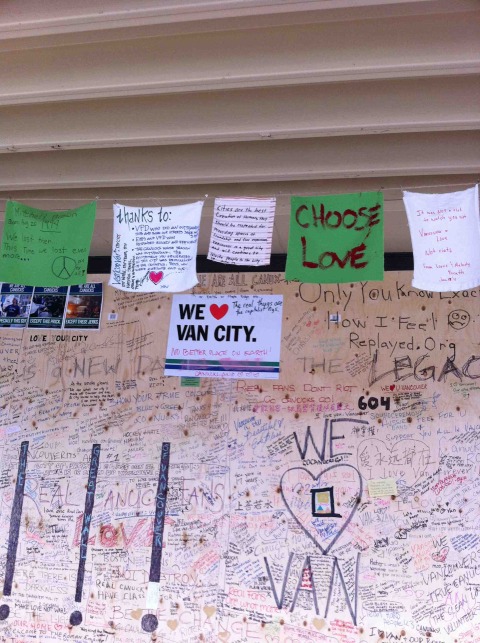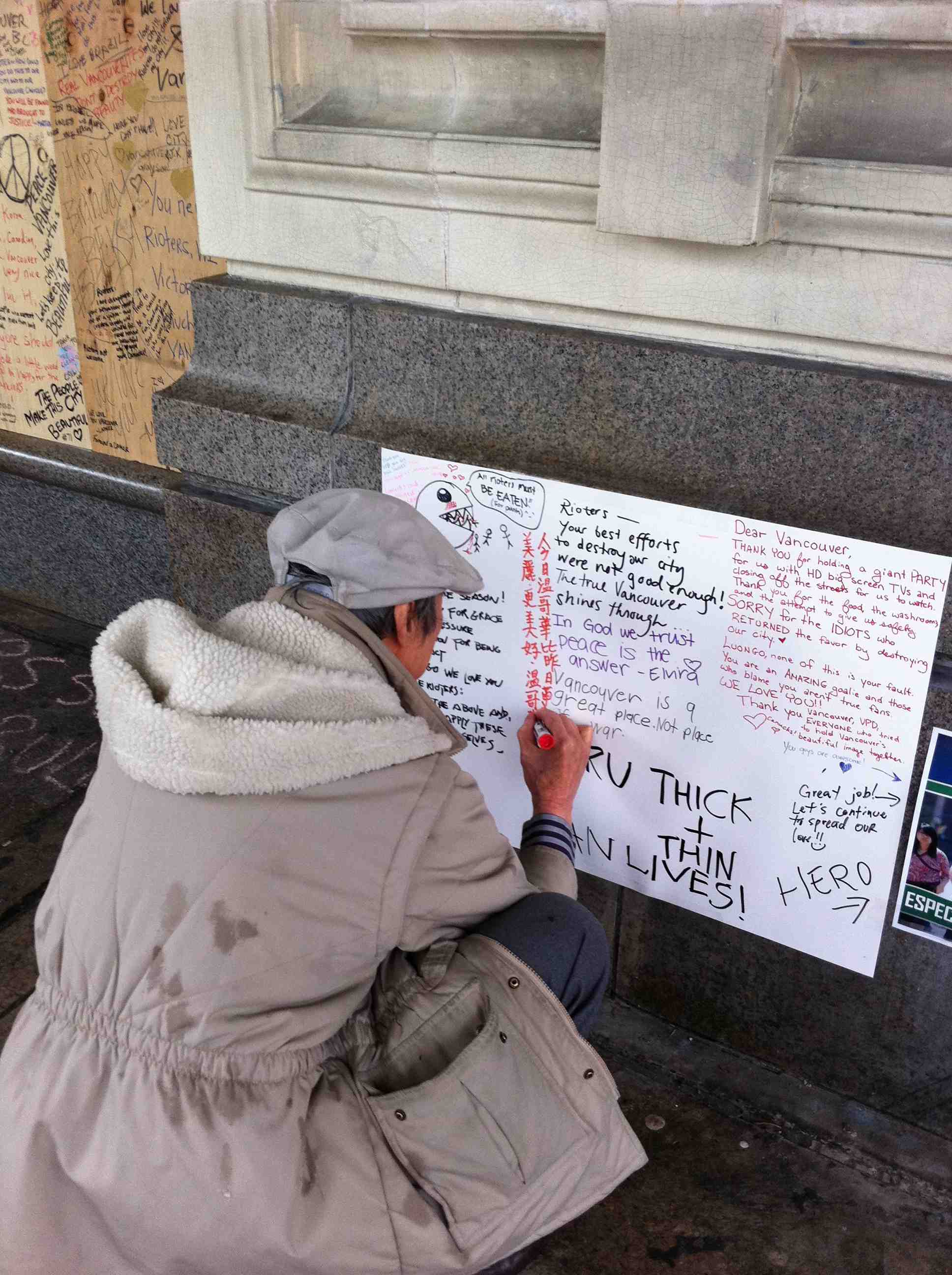I am learner (by John Connell)
 Monday, August 1, 2011 at 4:24PM
Monday, August 1, 2011 at 4:24PM I am learner.
Just as no one can see the colours I see, just as no one can hear the music I hear, just as no one can feel what I feel when I hold something in my hand, and just as no one can sense the world as I perceive it around me, no one can teach me.
No one can teach me.
I am learner.
I am not taught. I learn. I am human and a social animal, so I learn with others. I do learn from others, but what I learn is rarely, if ever, what is taught to me, and rarely, if ever, what others learn at the same time from the same teachers. Often I learn entirely alone.
I am learner.
I perceive. I use my senses to know the world around me. I discern patterns. I shape my understanding through metaphor and analogy. I seek to create purpose in my life. Sometimes I conceive purpose where there is none; often I accept others’ conceptions of purpose in life, others’ conceptions of purpose in the universe.
I am learner.
I build a universe in my mind and I live there, a universe that changes constantly as I learn. All people, including the people I love, live alongside me in this constantly shifting universe. I see only glimpses of the lives they lead, because, just as they are players in my world, I am a player in all the universes created by every other person alive.
I am learner.
I connect. I connect with people and ideas in the physical and virtual worlds and discern no boundary between the two worlds. I learn in, across, through, with and from the networks in which I live, work, play and interact. I continually extend my own potential through my connections. I make connections between what I have already learned and what the world chooses to present to me through my own interactions with the world and through the interventions and actions of others.
I connect therefore I learn.
I am learner.
I am able to recite facts, echo the opinions of others, assume the attitudes of so-called authorities when urged to do so, but I prefer to seek real knowledge of the changing world in which we live, genuine understanding of the realities of the human condition, authentic insight into our intrinsic dependence on one another. My need to know for myself is stronger than my need to recite from or imitate others.
I am learner.
I imagine. I reach beyond the reality of my senses and there I build my own dreams and visions; sometimes I welcome others’ wishful thinking and create my own place in their fantasies, accepting the values they place before me, filtering and refining them to fit my universe. Often, by accidents of time and place and birth, I am conditioned by those around me to accept their social, moral, religious and political values. In these circumstances, I still create my own truth but I struggle to do so freely, constrained by the strictures imposed on me by others.
I am learner.
I listen to stories from others; I tell my own stories, to myself, to others; I participate in stories, mine and others’. I determine who I am through a prism of dramas, tales, myths, histories, lies, assumed truths, rituals, games and a complex and intricate narrative that I weave around the realities of my life. I live and learn from the drama of the now and I recall and learn from the narratives woven out of past dramas.
I am learner.
I am not taught.
I learn.
by John Connell - originally posted at http://www.johnconnell.co.uk/blog/?p=2697




